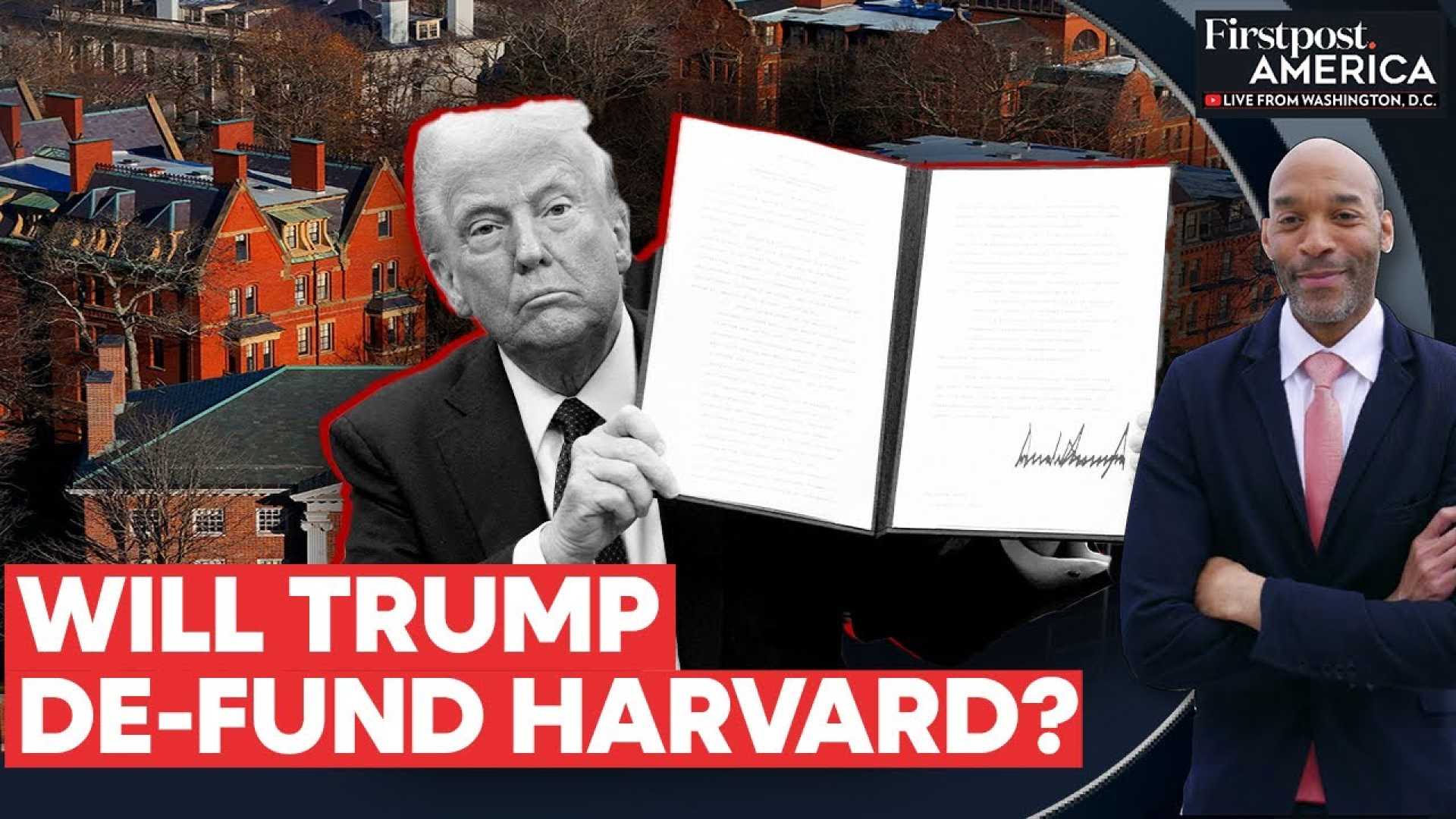Politics
Trump Administration Targets Harvard’s Federal Funding Amid Rising Antisemitism Concerns

WASHINGTON, D.C. — The Trump administration announced Monday it will review nearly $9 billion of federal funding promised to Harvard University and its affiliates, which include local hospitals, in response to allegations of antisemitism on campus. This announcement follows a previous review that nearly jeopardized $5 billion of federal funding and is part of a broader effort from the government’s antisemitism task force to ensure compliance with civil rights responsibilities.
Harvard President Alan M. Garber expressed deep concern in a letter addressed to the university community, stating, “If this funding is stopped, it will halt life-saving research and imperil important scientific research and innovation.” Garber emphasized that despite adopting various reforms over the past year to combat antisemitism, more work remains to be done.
The review targets over $255.6 million in federal contracts and multi-year grants to Harvard, amidst heightened scrutiny of elite universities’ efforts to protect Jewish students. Secretary of Education Linda McMahon pointed out that Harvard’s failure to secure a safe environment contravenes its reputation and responsibilities, urging the institution to restore its commitment to academic freedom.
McMahon stated, “Harvard has served as a symbol of the American Dream for generations… However, its failure to protect students from antisemitic discrimination has put its reputation in serious jeopardy.” Harvard did not respond immediately to the administration’s announcement.
In a broader trend, the administration has intensified its examination of educational institutions that it perceives as facilitating environments conducive to antisemitism, particularly in relation to pro-Palestinian movements on campuses nationwide. University officials and student organizations have voiced their concerns regarding these encroachments on institutional autonomy and academic freedom.
Meanwhile, the University of Minnesota’s graduate student, who was detained by immigration agents last week, highlighted fears of repression tied to the administration’s stance. The student, Dogukan Gunaydin, asserts that his detention was unrelated to any campus activism, citing instead a DUI incident as the catalyst for his scrutiny by Immigration and Customs Enforcement.
Legal experts indicate that incidents like Gunaydin’s detention may foreshadow a more aggressive approach to immigration enforcement under the current administration, especially as tensions rise surrounding civil rights issues on college campuses.
As this narrative unfolds, the implications for affected institutions and their interactions with federal funding remain a critical concern, particularly as educators, students, and administrators respond to the administration’s sweeping policy changes and scrutinies regarding diversity, equity, and inclusion efforts.












